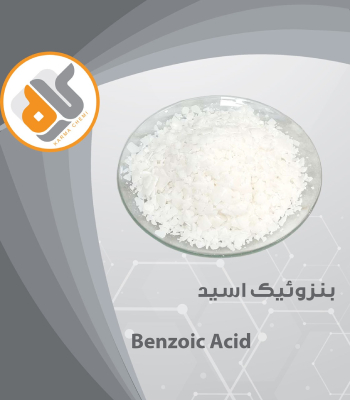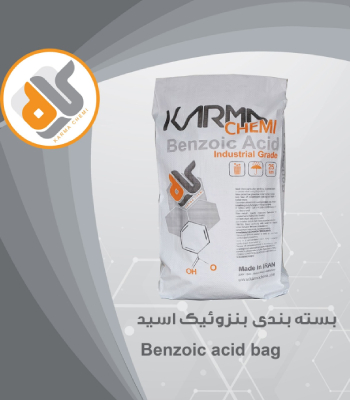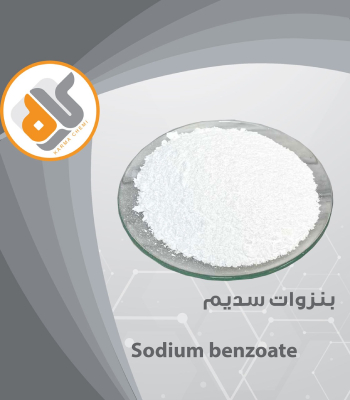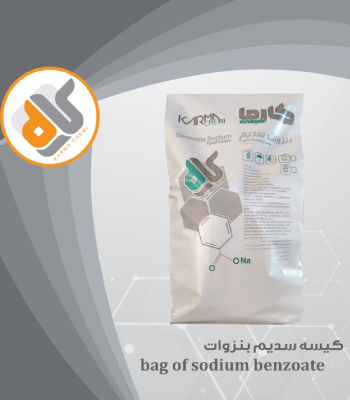Benzoic Acid
What is Benzoic Acid?
Benzoic acid is an organic compound described by the chemical formula C₆H₅COOH.
It consists of a carboxyl group attached to a benzene ring.
Therefore, benzoic acid is classified as an aromatic carboxylic acid.
Under normal conditions, it appears as a colorless crystalline solid.
The term “benzoate” refers to the salts and esters of C₆H₅COOH.
Benzoic acid is typically prepared by reacting trichlorotoluene with calcium hydroxide in the presence of water and then purifying the resulting calcium benzoate with hydrochloric acid.
Sodium Benzoate
Sodium benzoate is a type of preservative used to extend the shelf life of ready-made foods and beverages.
Benzoic acid itself is a good preservative, and when combined with sodium hydroxide, its solubility in solutions is improved.
Sodium benzoate is not naturally produced,
but the benzoic acid required for its production can be found in plants such as tomatoes, strawberries, apples, plums, and in certain stems like cinnamon. It can also be obtained from cloves.
Additionally, benzoic acid can be produced by certain bacteria during the fermentation process, such as in yogurt production.








